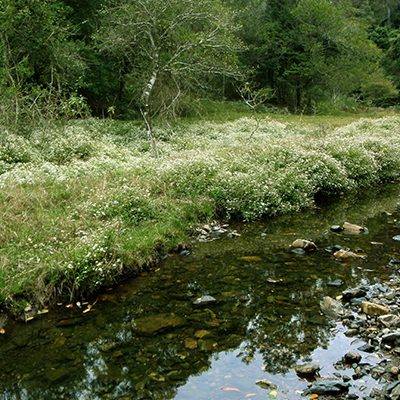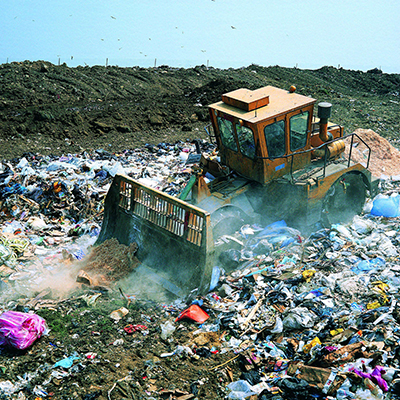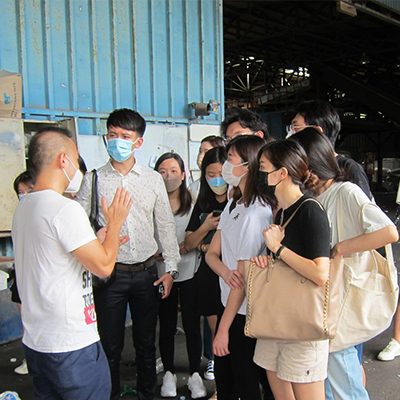Course Content
Core courses


Principles of Environmental Management
The course involves the studying of ecosystems and its relationship with atmospheric, hydrological and geomorphological systems. The impacts of human activities on the delicate balance of ecosystems, as well as the ethical basis of conservation biology will also be examined. The course introduces the basic principles of environmental management, illustrates scientific principles by building on worldwide and well-known examples, and encourages students to become personally involved in solving environmental problems.


Management of Public Health Risks
This course focuses on understanding the range, limitations and impacts of public health policies. It also trains students to develop skills to identify the principal factors that are imposing impacts on humans and other environmental species and to assess the significance of emerging issues in an objective manner.
Elective courses


Sustainable Management Systems
The course focuses on different management approaches to sustainability from global to organizational preparation. Focus will be given to the World Summit on sustainable development, environmental impact assessment process to encourage the consideration of the environment in development plan and decision making by the local government, and the establishment and implementation of environmental management system (EMS) within organization to reduce their environmental impact.


Land and Water Resources Management
The course provides background information on water, soil and vegetation, as well as the effects of industrial and economic development on land quality and water safety. Different strategies on land and water resources management for sustainable development are also discussed.


Integrated Waste Management
The amount of waste/solid waste produced everyday is considerable and ways of properly handling and permanently disposing of them have always been in demand. The course explores and compares different options for the reducing, handling, and treating of solid waste.


Research Methodologies in Environmental Monitoring and Public Health Protection
The course focuses on different approaches and methods to conduct environmental and public health research, including environmental monitoring. Basic principles of these research and monitoring methods will be dealt with adequately so that students will be able to formulate their own research or monitoring strategies to handle new environmental and public health problems when they have completed the course.


Food Quality, Law and Safety Management
The course is designed to introduce students to the growing consumer demand in food safety and increase their knowledge of the food industry, in particular, awareness in the importance of maintaining high food quality. This course covers the principles and international standards of food quality and safety management, and provides an understanding of the legislative controls related to food quality, safety and human health protection in Hong Kong.


Occupational Health and Safety Management
This course provides an understanding on occupational health and safety with due emphasis on a variety of commonly adopted management approaches and methods. This includes the identification procedures for the principal causes of ill health and poor safety at the workplace, and strategies for eliminating or ameliorating them. The legal and operational aspects of occupational health and safety are also adequately covered within this course.


Carbon and Energy Management
This course provides students with an understanding on carbon and energy management with due emphasis on a variety of commonly adopted management approaches and methods. This includes carbon accounting or the identification and quantification of greenhouse gas emission sources and sinks, carbon footprinting of products and services, carbon neutrality, energy audit and management, measurement and verification of energy performance projects, and the related carbon and energy standards.
Programme related activities


Supplementary English Course (Academic Writing and Presentation Skills Course)
Supplementary English Course is a free course conducted by Department of Biology and The Language Center to all the MSc EPHM students, it is given by native English teachers from Language Centre at HKBU. The course aims to expand the student’s vocabulary in the field of Environmental and Public Health, develop skills for reading academic texts and improve writing the assignments and the dissertation.


Field Trips and Visits
Field trips and site visits can strengthen and integrate practical applications to the theories learnt in the classroom which will help students apply their knowledge in future work.